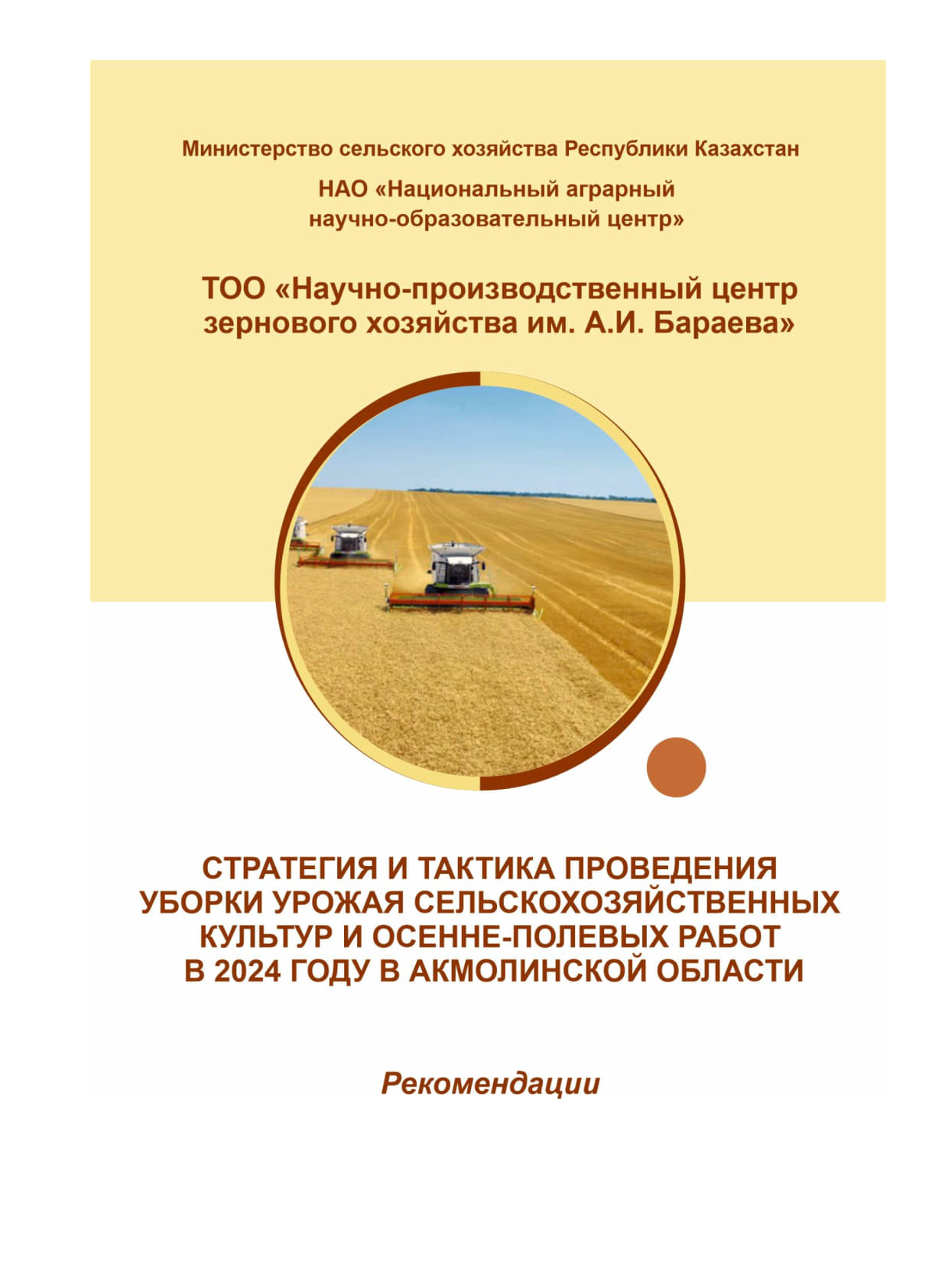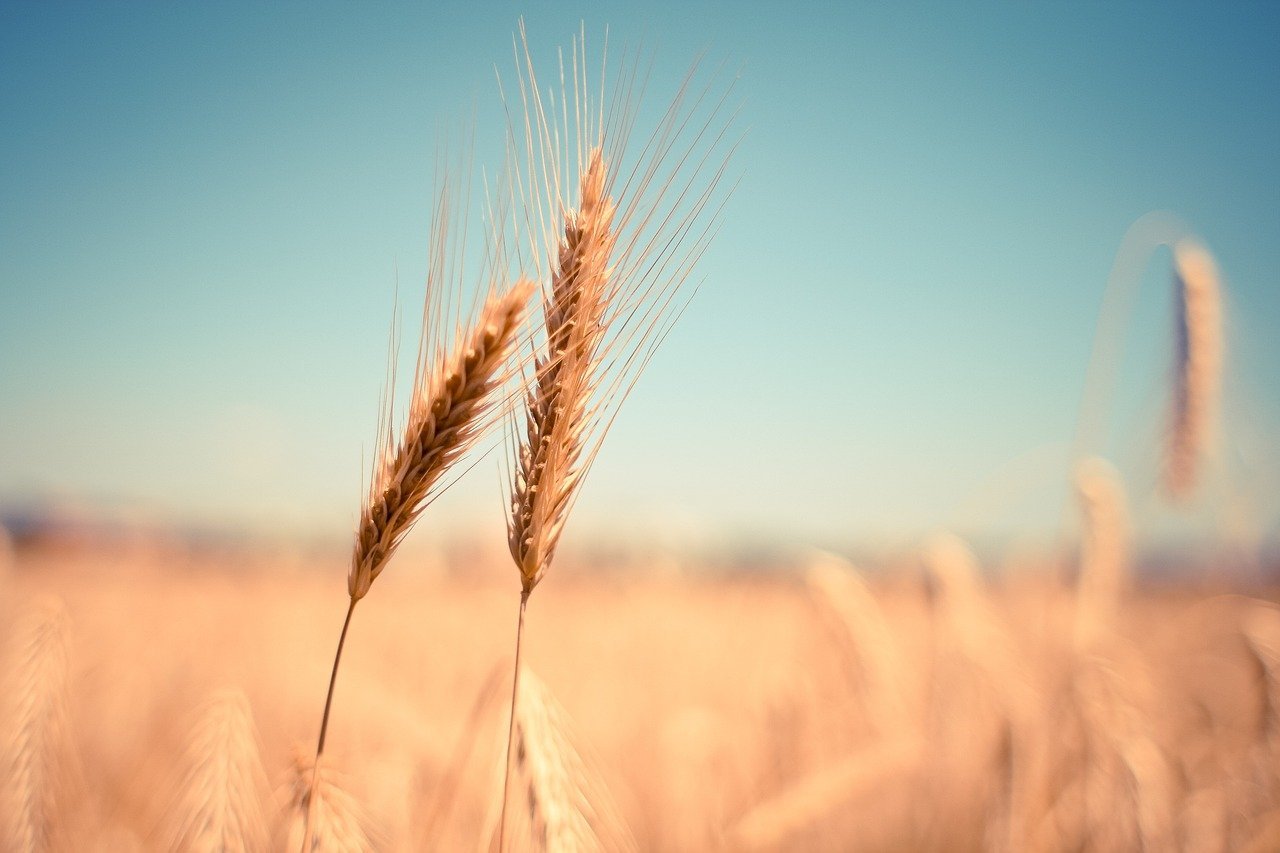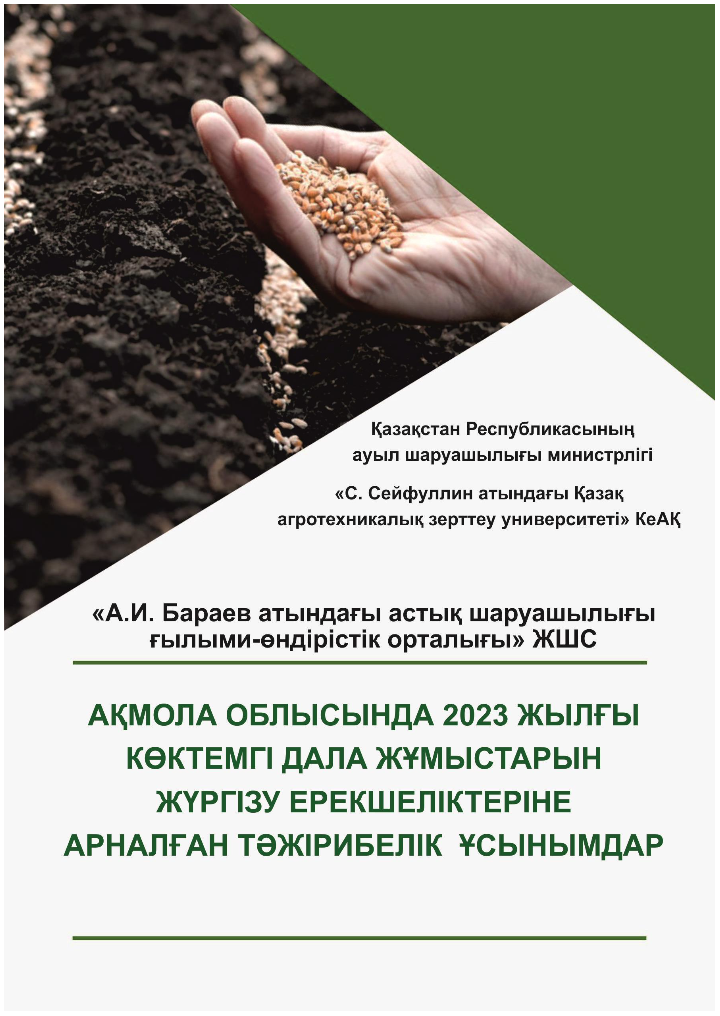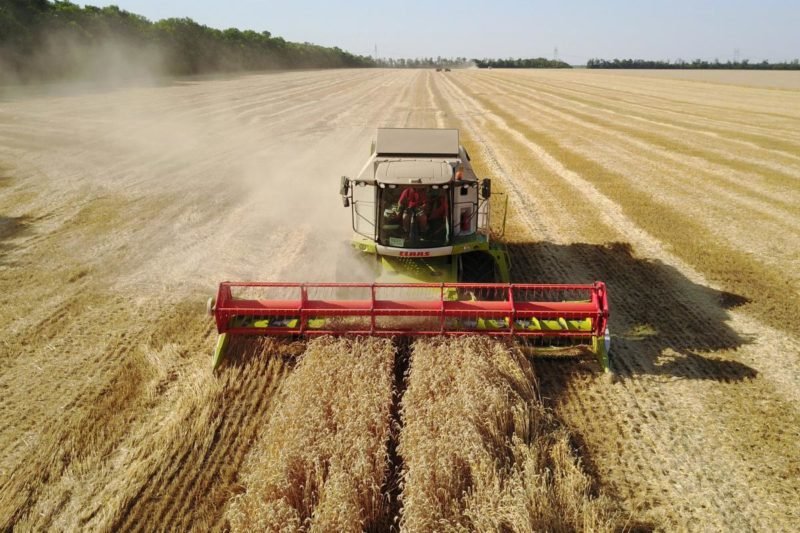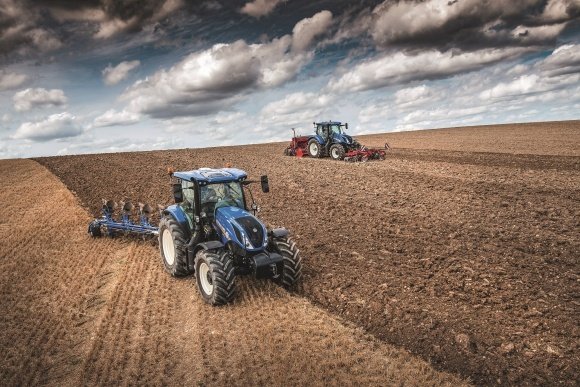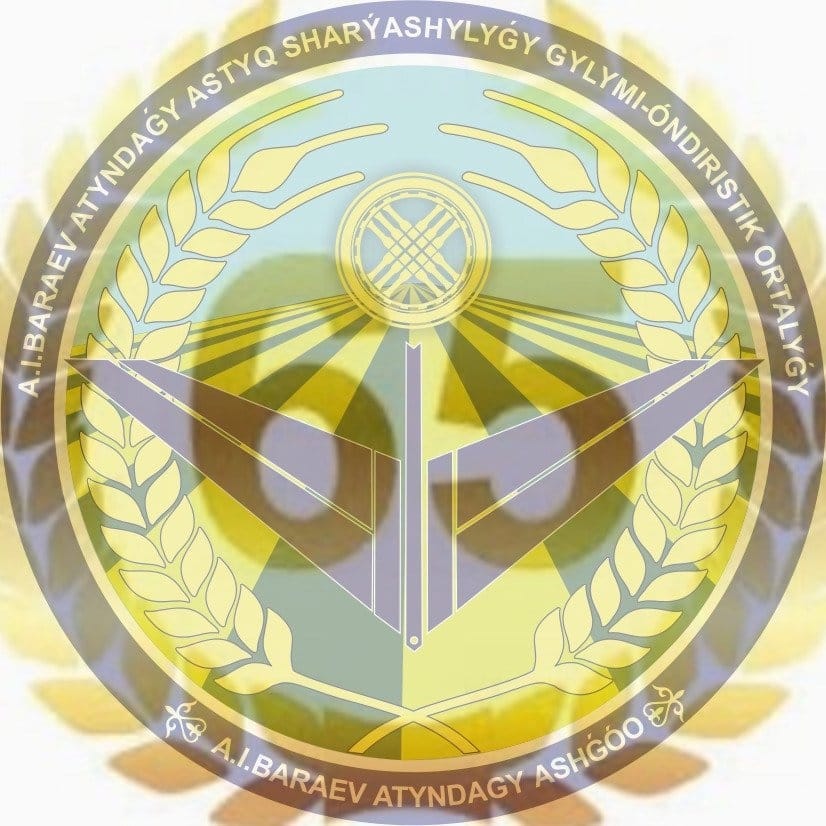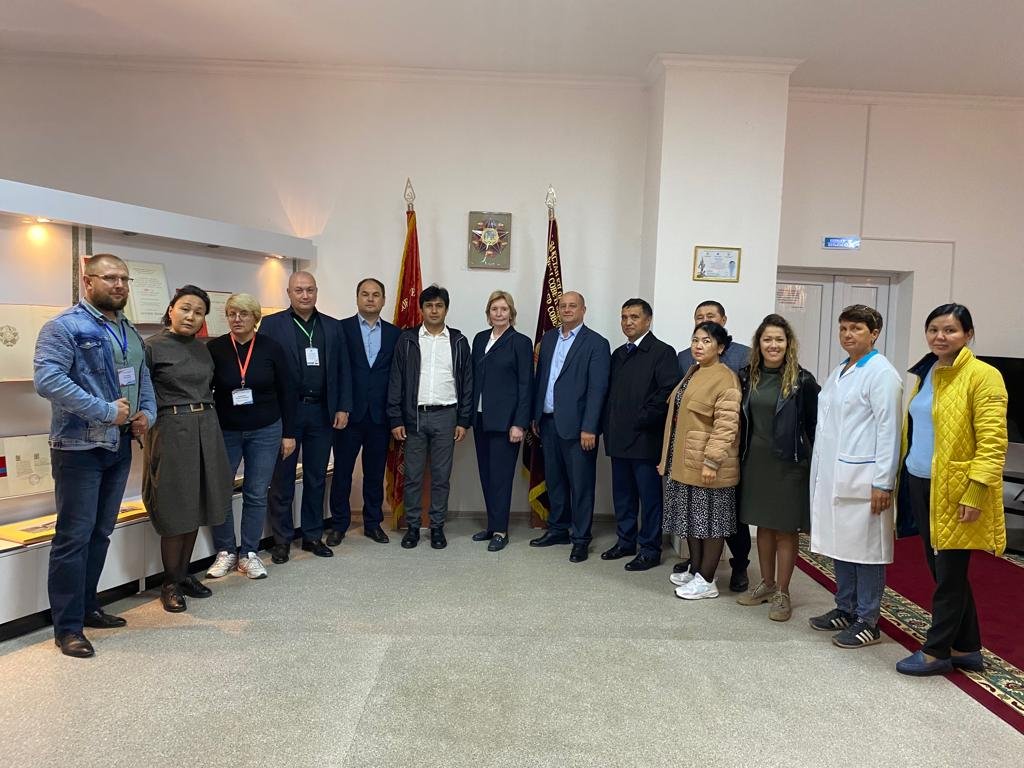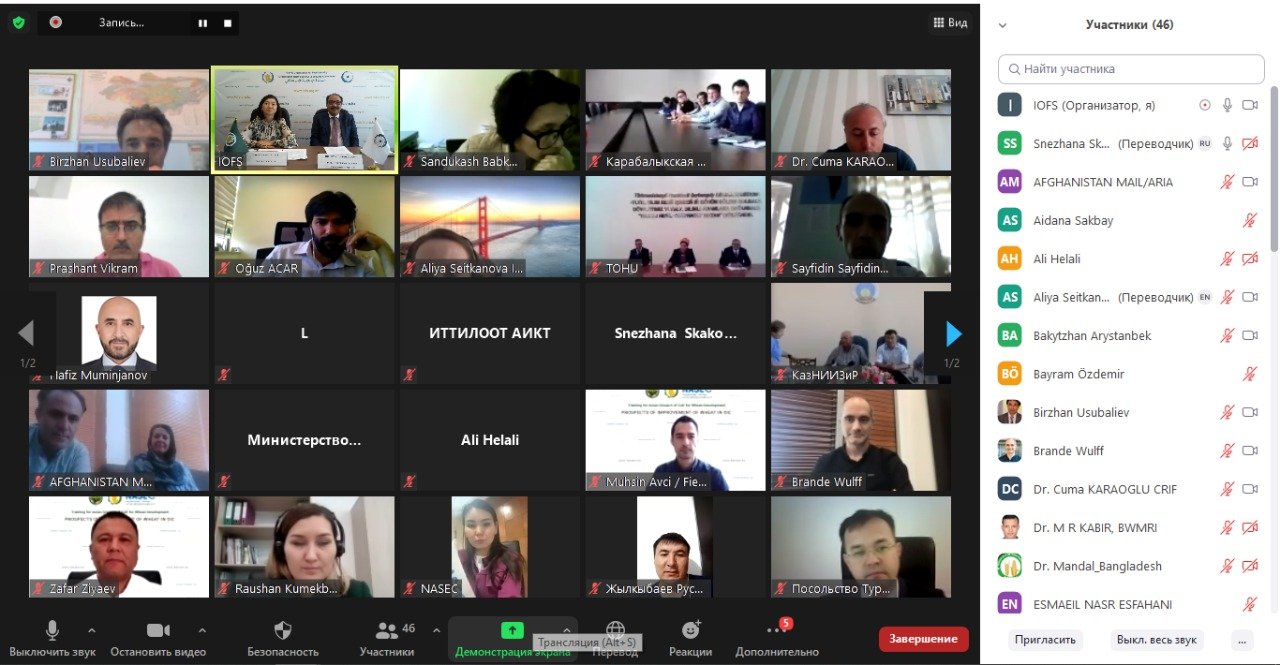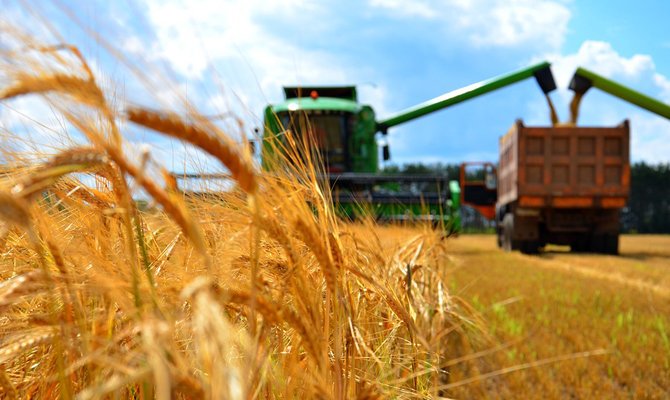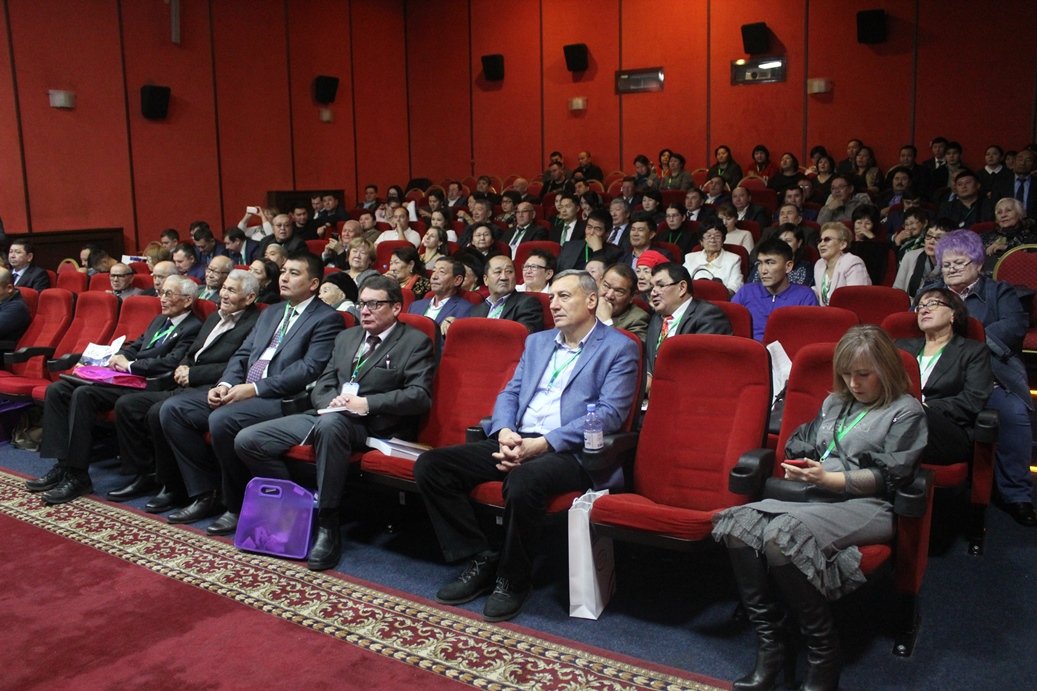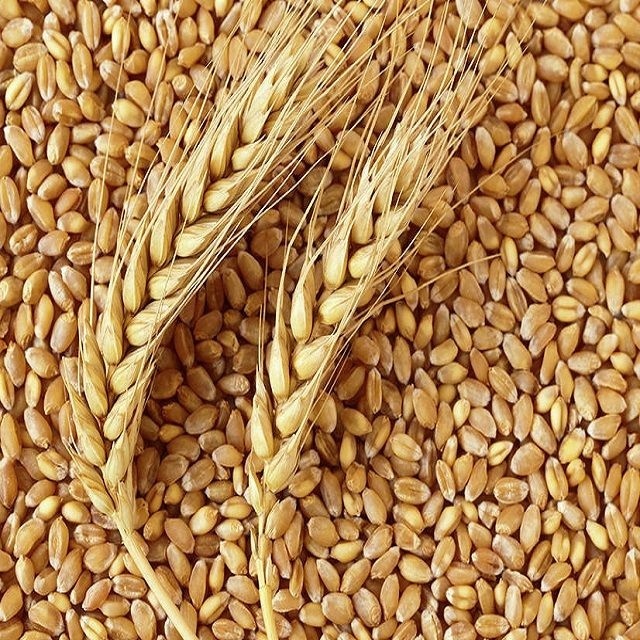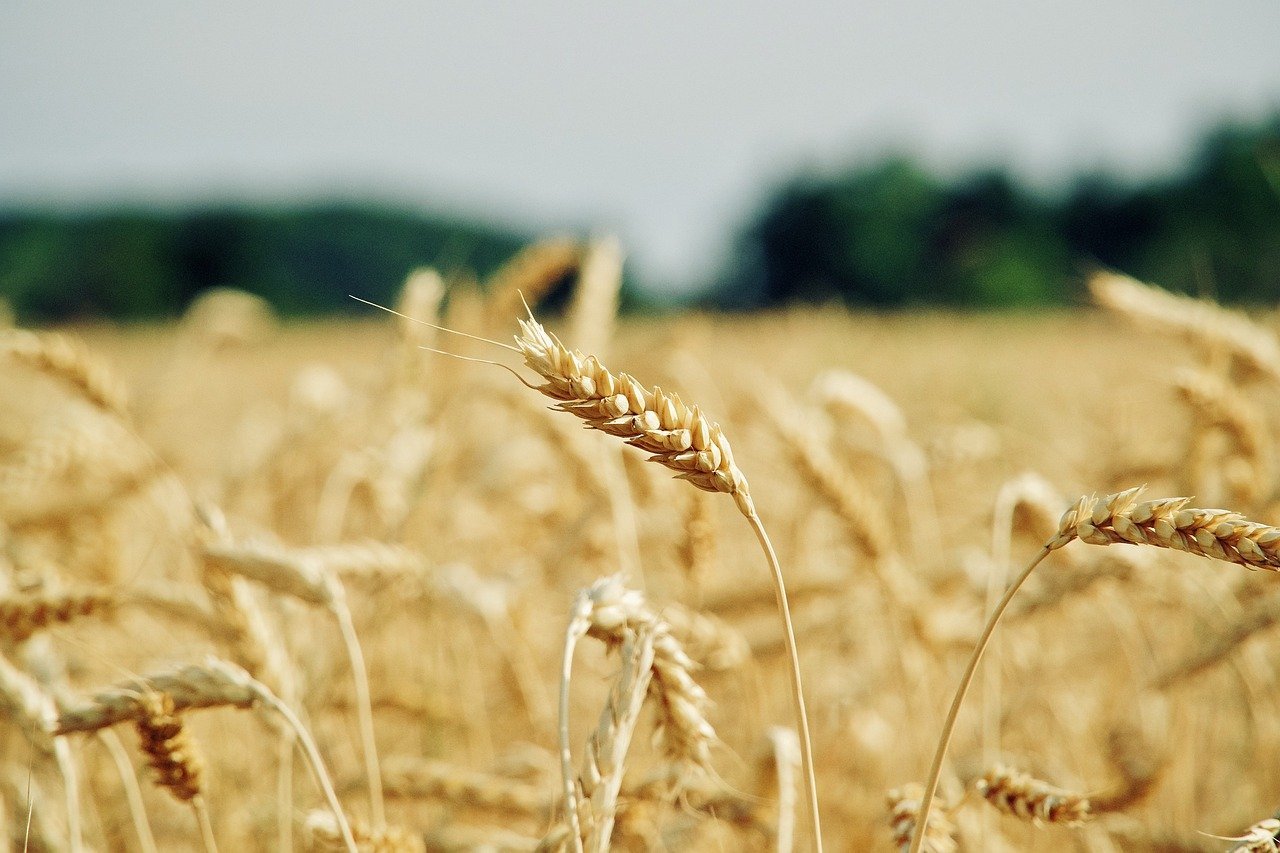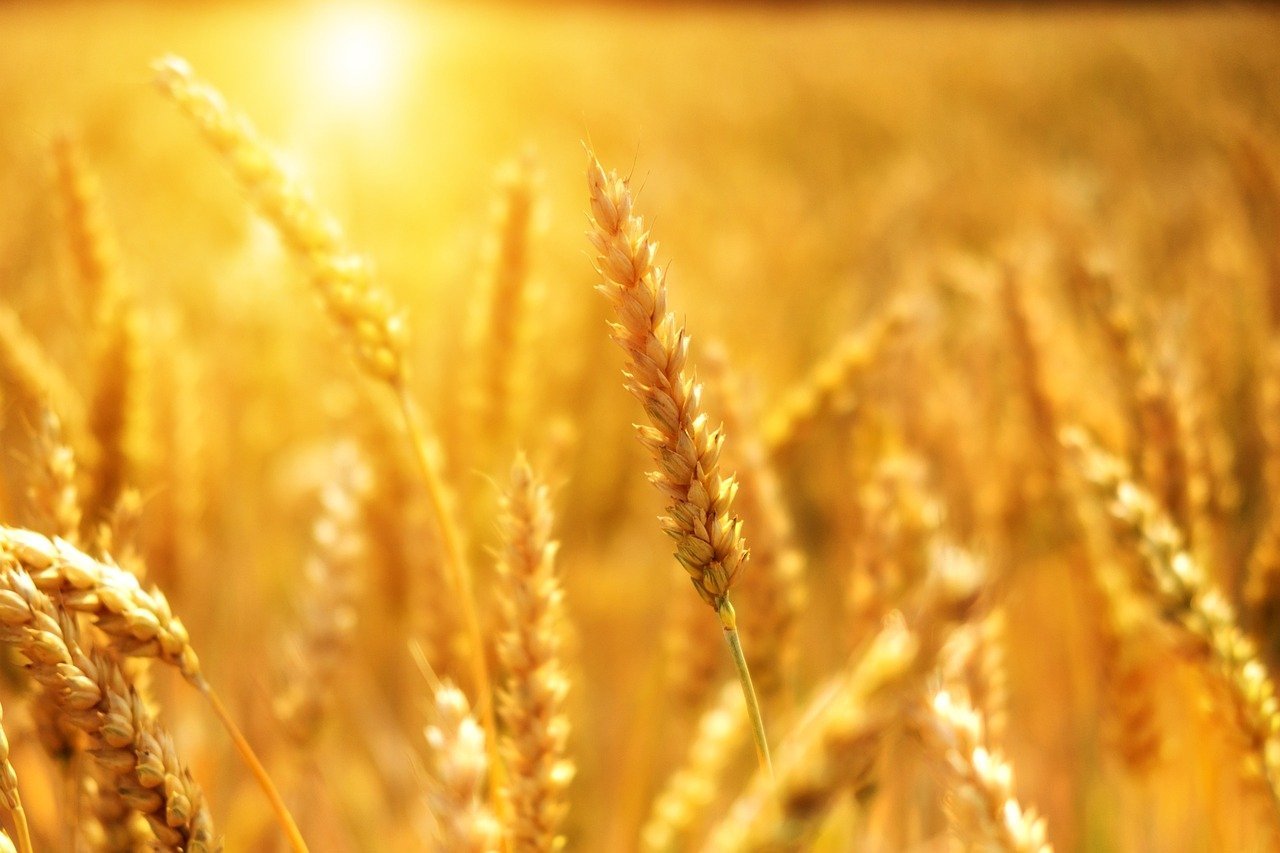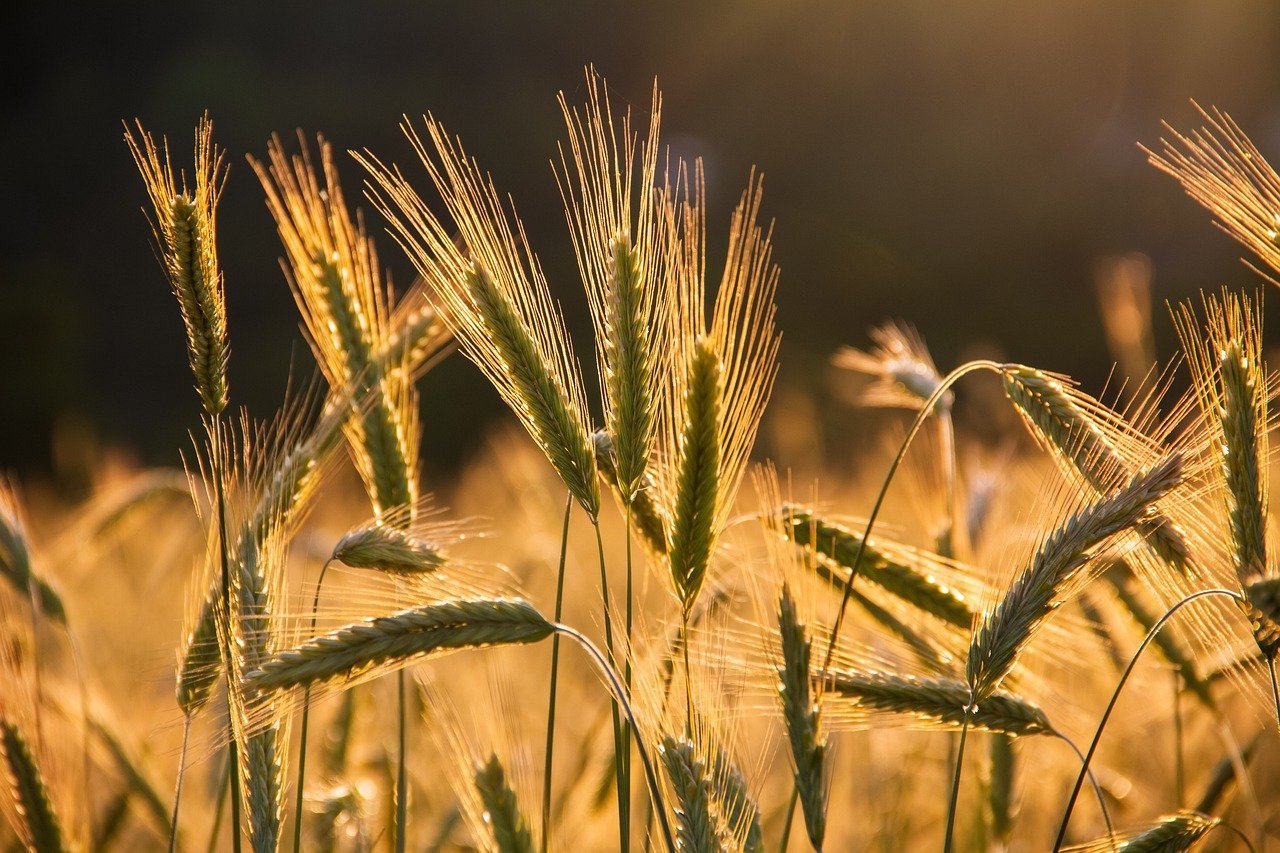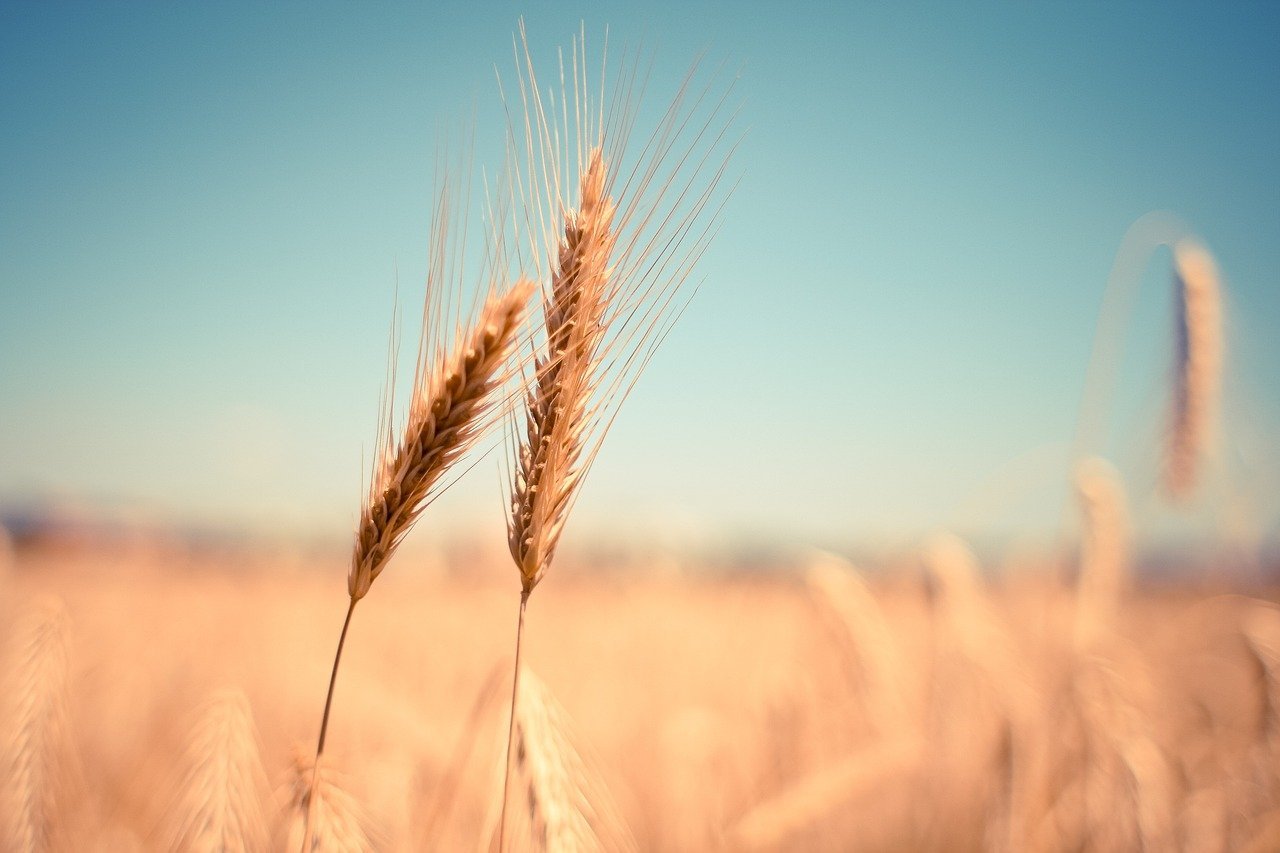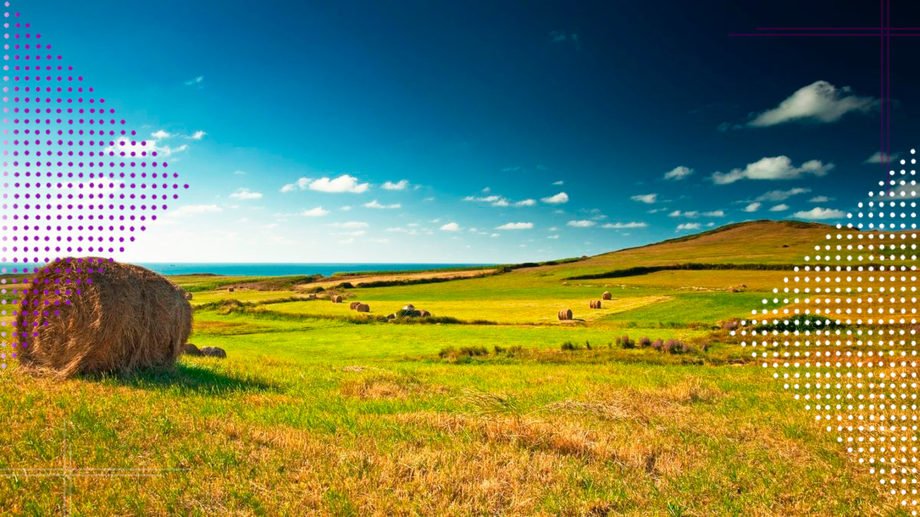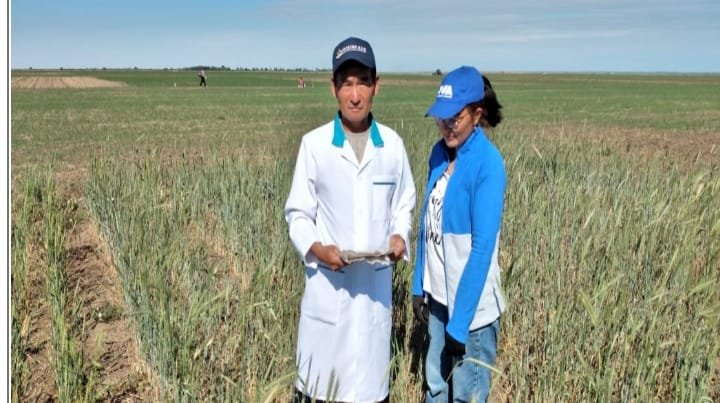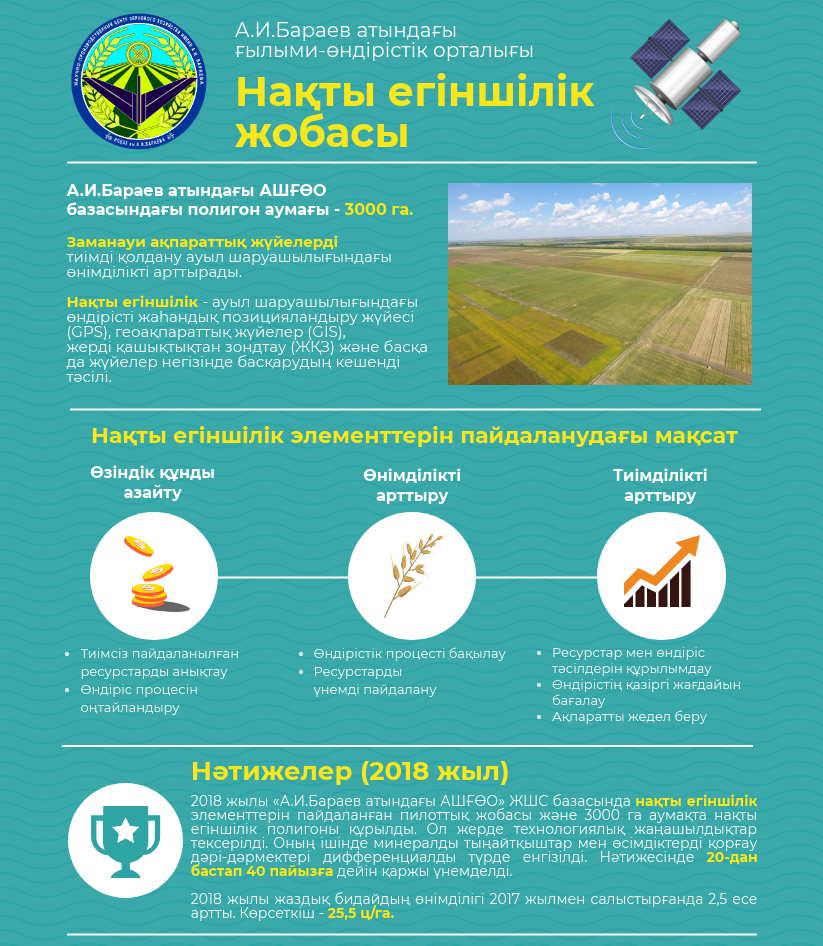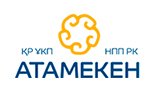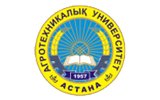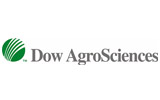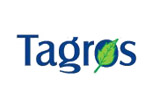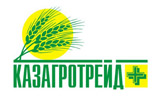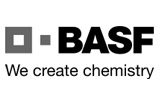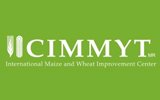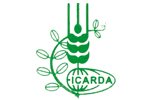An international scientific and practical conference on food quality and safety was held in Astana
News / Main news
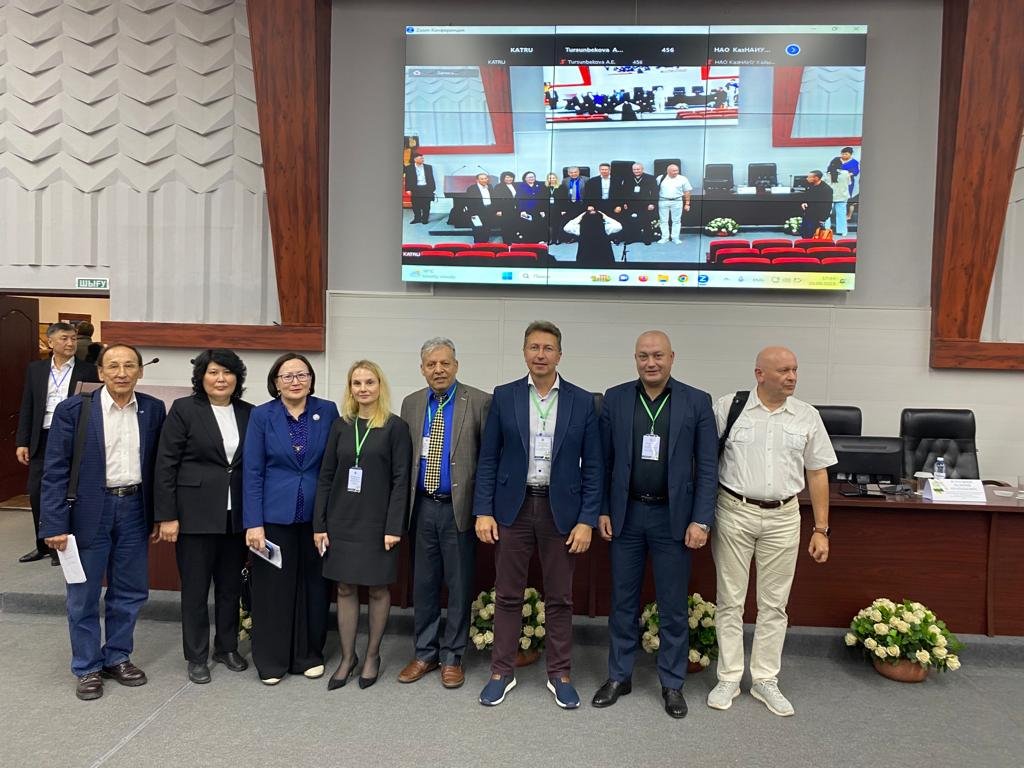
An international scientific and practical conference on the topic: “Food quality and safety” with the participation of ministers, politicians, scientists, manufacturers and experts from near and far abroad in the field of food products was held in Astana on September 20-22.
The conference, organized by the Kazakh Agrotechnical Research University named after Saken Seifullin together with the Peoples’ Friendship University of Russia, was aimed at conducting in-depth discussions and conversations on food quality and safety.
During the three–day conference, the main discussions were held on such topics as: “Sustainable development of agriculture”, “Kazakhstan - Russia - Africa: global food security”, “Food security” and “Mega-trends in education and practice”. Other topics cover the prevention of animal diseases, their detection, the use of effective methods of plant protection in the production of agricultural crops, the problems of GMOs and environmental protection. World-known professors, experts, ministers and parliamentarians spoke on the first day in the plenary and discussion part of the International Conference on food safety and quality.
Lively discussions and presentations continued on the second day of the international conference “Food Safety and Quality” at the Kazakh Agrotechnical Research University named after Saken Seifullin.
Agricultural scientists of the SPC GF named after A.I. Barayev took an active part in the work of the sectional meeting of the conference “Sustainable Development of Agriculture”. At the beginning of the section, the moderator of the arrangement Akshalov Kanat Ashkeevich, head of the laboratory of adaptive and agro-landscape technology of the Center, in his presentation drew attention to the role and place of one of the largest Kazakh Centers of grain farming, widely known in the world scientific circles in the trend of the designated topic of the conference, starting from issues of soil health, culture of agriculture, the creation of high-quality promising varieties of agricultural crops and application and preservation of ecologically healthy seeds in conditions of optimal use of various mineral fertilizers.
It is worth noting that the organizers of the conference organically presented a palette of topics of the speakers’ reports in this section, who presented their scientific vision through the prism of country policy in the field of agriculture. One of its representative speakers was Professor Majid Fathi, a world-known expert in the use of artificial intelligence in agriculture, director of the Research Center for Database Management and Intelligent Systems at the University of Siegen in Germany.
The head of the Laboratory of biochemistry and technological assessment of the quality of agricultural crops “Scientific and Production Center of Grain Farming named after A. I. Barayev” Dashkevich Svetlana Mikhailovna in her presentation to the audience presented the work of scientists on technological assessment of the quality of agricultural crops in the conditions of Northern Kazakhstan. Six varieties of grain from the Barayev Center are included in the register of breeding achievements of Kazakhstan. Over the past two years, the quality of grain has become high. For example, the high content of carotenoid pigments and yellow pigment increases the quality of grain. So, the yellow pigment should be about 23 units, and in the Center of Barayev they achieved growth up to 32 units.
Soloviev Oleg Yurievich, Head of the laboratory of crop rotations and tillage of the “North Kazakhstan Agricultural Experimental Station” LLP KazATIU, explained in his speech the features of the breeding and seed-growing activities of the North Kazakhstan Agricultural Experimental Station to solve the problems of food security in Northern Kazakhstan.
Burlutsky Valery Anatolyevich from RUDN made a report on the ongoing scientific research to determine the intermediate results of grain, fodder and fruit crops breeding. Filimonenko Ekaterina Anatolievna from the Institute of Ecological and Agricultural Biology at Tyumen State University in her speech explained the factor of reserve and stability of organic carbon in arable soils. Mirmanov Arman Barlykovich, Associate Professor from the Faculty of Energy of KazATRU presented the introduction of IT monitoring devices to promote elements of precision animal husbandry on a smart farm. Tatarintsev Vladimir Leonidovich, Professor of the Department of Economic Geography and Cartography of the Altai State University, spoke about the work to improve the spatial and temporal dynamics of the quality of spring wheat grain in the Altai Territory. Kusainova Marzhan Tleulievna, doctoral student of the Department of Geodesy of KazATRU presented a report on the use of remote sensing data for mapping flood zones. At the section in the media presentations of the speakers, a lot of statistical tables and graphs were presented, which made it possible to make the presented material more accessible and operational.
In general, the conference participants noted that the arrangement was organized at a high level, which made it possible to obtain useful information and exchange experience in organizing effective work in the designated direction to improve the quality and safety of food products.
The interest and coherence of the work within the academic freedom of KATRU named after S. Seifullin and RUDN University teams in determining the points of interaction of the parties in further collaboration to promote priority areas both from a scientific point of view and from a production point of view were very distinctive, which increased the participants’ interest in the important problems of humanity.
In general, a special trend was set in all organized panel discussions, which made it possible, first of all, to create a warm, democratic environment focused on the high level of organization and professionalism of the speakers, the relevance and structuring of the topics of the speeches corresponding to the challenges of the time in the global space in matters of food security.
